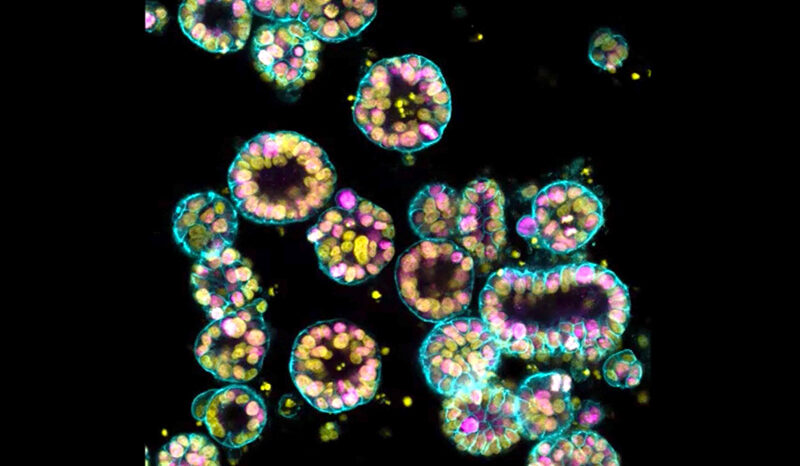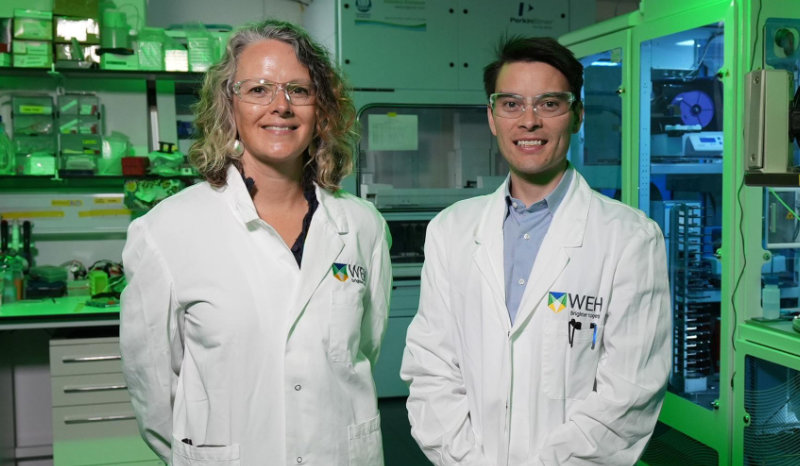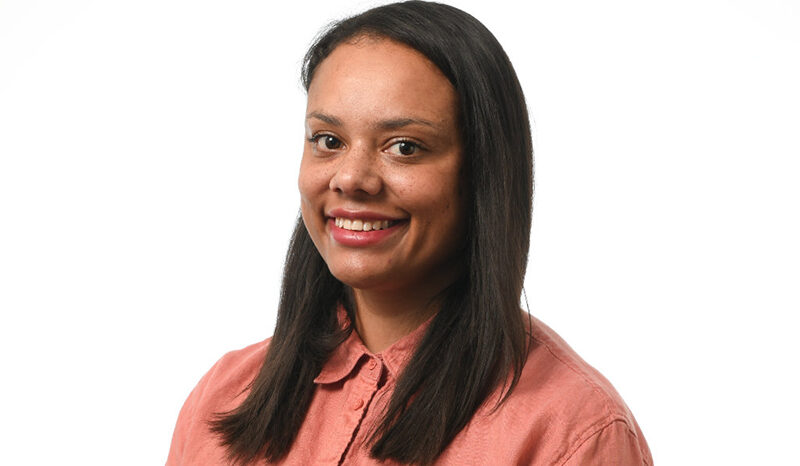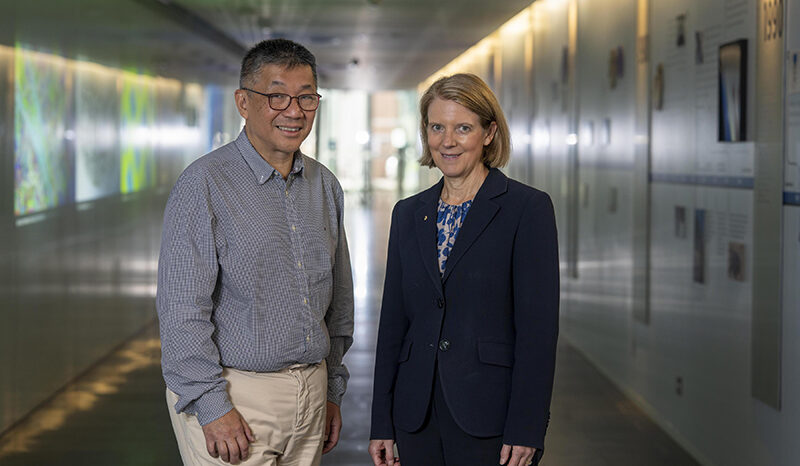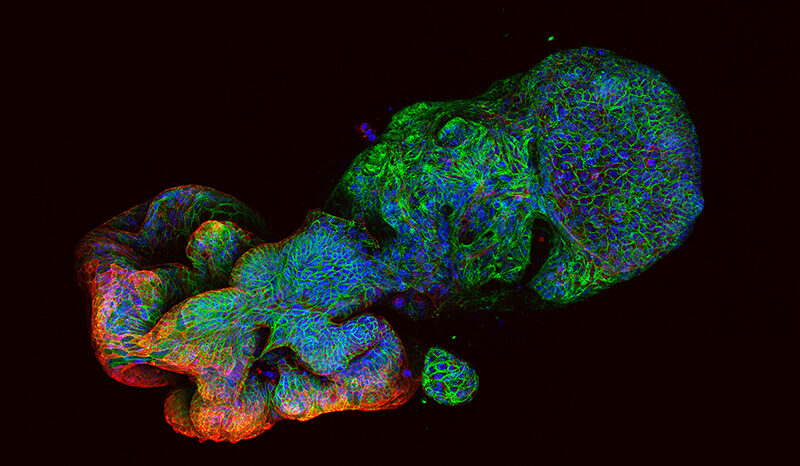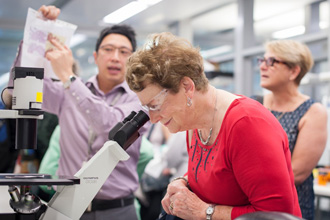 Coeliac Victoria and Tasmania today announced a $40,000 donation to support investigations into the under-researched area of childhood coeliac disease at the Walter and Eliza Hall Institute.
Coeliac Victoria and Tasmania today announced a $40,000 donation to support investigations into the under-researched area of childhood coeliac disease at the Walter and Eliza Hall Institute.
The donation will support projects by Dr Jason Tye-Din and his team from the Walter and Eliza Hall Institute to improve diagnostics and treatments that would be effective for both children and adults with coeliac disease.
Mrs Jane Davies, executive officer at Coeliac Victoria and Tasmania, said the $40,000 donation coincides with the 40 years that Coeliac Victoria and Tasmania had been supporting people with coeliac disease.
“Jason and his group are experts in coeliac research,” Mrs Davies said. “They are the only dedicated centre in Australia focused on coeliac disease. We are delighted to continue supporting their research and excited by the potential it offers our community.”
Coeliac disease is the most common autoimmune disorder and is caused by an inappropriate immune response to gluten, a protein found in wheat, barley, rye and oats. It affects 1 in 70 Australians, causing digestive symptoms such as bloating, abdominal pain and diarrhoea, as well as fatigue, anaemia, and even an increased risk of cancer. The only treatment for coeliac disease is a lifelong gluten-free diet.
Dr Tye-Din, who is also a gastroenterologist at the Royal Melbourne Hospital, said the funding would support several projects aimed to address these issues. “Coeliac disease remains highly under-diagnosed and poorly managed,” Dr Tye-Din said. “Among our current projects are studies to better understand how gluten affects children with coeliac disease, which can be quite different to adult disease, and establishing the mechanism for why symptoms occur, so the disabling symptoms caused by gluten can be better managed.”
Dr Tye-Din said Coeliac Victoria and Tasmania had been a strong supporter of his team’s research and had played a significant role in raising awareness and improving management of Australians with coeliac disease. “Jane and her team provide an essential service by providing the critical information, education and training needed to support people with coeliac disease,” Dr Tye-Din said. “I am extremely grateful for the support Coeliac Victoria and Tasmania have provided and congratulate them on their 40th anniversary.”
The institute’s coeliac disease research team has previously uncovered the parts of gluten that are toxic to people with coeliac disease, contributing to the development of a therapy that could potentially enable people with coeliac disease to eat gluten again.
“The immunotherapy, currently being assessed in clinical trials by biotechnology company ImmusanT, aims to retrain the immune system to tolerate gluten,” Dr Jason Tye-Din said. “Results have been encouraging, and the treatment will advance to phase 2 clinical trials this year.”
In addition, the team has developed a potential new diagnostic blood test for coeliac disease, highlighted the burden of undiagnosed coeliac disease in the Australian community, and uncovered the immune mechanism for why some people with coeliac disease are unable to tolerate oats.
Mrs Davies said Dr Tye-Din had been an outstanding advocate for coeliac research in Australia. “Jason is the chair of Coeliac Australia’s medical advisory committee and is actively engaged in medical and public education on coeliac disease,” she said.
“This donation, made possible through a bequest to Coeliac Victoria and Tasmania, enables us to actively contribute to research into coeliac disease and support new discoveries for people with coeliac disease,” she said.
Further information:
Liz Williams
Media and Publications Manager
T: +61 428 034 089
E: williams@wehi.edu.au



 Coeliac Victoria and Tasmania today announced a $40,000 donation to support investigations into the under-researched area of childhood coeliac disease at the Walter and Eliza Hall Institute.
Coeliac Victoria and Tasmania today announced a $40,000 donation to support investigations into the under-researched area of childhood coeliac disease at the Walter and Eliza Hall Institute.